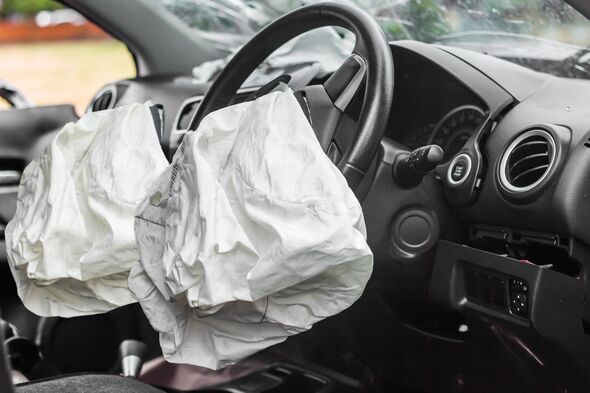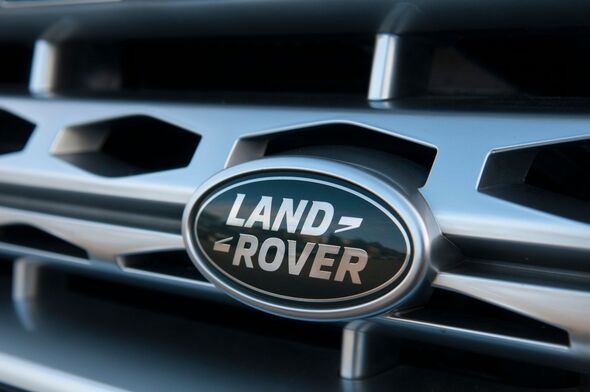Jaguar Land Rover issues major recall of 21,000 vehicles over airbag fears
Luxury car brand Jaguar is recalling 20,999 2021-25 Range Rover Evoques over a safety issue with the airbag that can cause it to teary

Jaguar Land Rover announced a recall of nearly 21,000 Range Rover Evoque SUVs in the United States 'due to a front passenger airbag defect' that could increase the risk of injury in a crash, the company announced in a statement.
The recall is for models from 2021 to 2025. The National Highway Traffic Safety Administration (NHTSA) noticed that the airbags could rip open during deployment, potentially letting hot gases loose and upping the risk of burns, arguing that there is potential for a serious injury if the airbag fails in shielding occupants during a crash.
The vehicles in question were made between July 10, 2020, and October 7, 2024, at Jaguar's Halewood factory in the United Kingdom. Jaguar Land Rover acknowledged the safety issue on June 30, after a months-long probe that spotted inconsistencies in how the airbags were folded during assembly.
- Man's cold 7-word statement after killing sex offender who abused young relative
- Dad makes friend dig own grave and kill himself after raping his daughter, six
The airbags were made by Joyson Safety Systems Hungary, a major player in the global supply chain.
Dealers will swap out the defective airbag modules free of charge, and owners will get the heads-up via notification letters starting August 29. Customers who have already shelled out for repairs might be in line for reimbursement.

Owners can check if their ride is on the list by punching in their Vehicle Identification Number (VIN) on the NHTSA recall website or Jaguar Land Rover's official site.
This marks the second instance in recent weeks where Jaguar Land Rover has come under the microscope in the United States. In late June, the NHTSA initiated a separate probe into over 90,000 vehicles due to potential steering knuckle failures.
The idea is that airbags act as a cushion to protect front seat occupents in the event of a crash by inflating rapidly and have become an essential part of a car's 'passive safety system.' Front and side airbags have saved thousands of people in accidents since their invention in the 1950s.
Airbags officially began to roll out in most cars throughout the 1969s and 70s, and the NHTSA says that 'air bags have saved more than 50,000 lives over a 30-year period.'
This comes weeks after Stellantis issued an "immediate" safety recall warning for Citroen C3 vehicles due to severe safety concerns pertaining to Takata airbags.
Stellantis urgently cautions that anyone in possession of a Citroen C3 produced between 2009 and 2016 should cease driving it at once. This safety alert follows the recent death of a woman in France caused by an exploding airbag in her 2014 Citroen C3.
Citroen swiftly took to Facebook, stating, "Stellantis UK announces an immediate stop-drive action for all Citroen C3 (second generation) vehicles manufactured between 2009 and 2016 equipped with Takata airbags. Owners of such vehicles should immediately stop driving their vehicles."
Owners will be notified directly via mail about this recall. Still, they can also use their VIN—a 17-digit Vehicle Identification Number found on the V5C registration certificate—to check the status of their car using the Citroen UK site's VIN check tool.
Commonly starting with VR7 or VF7, the VIN is the key to determining if your car is affected, as stated by Citroen's official website.
